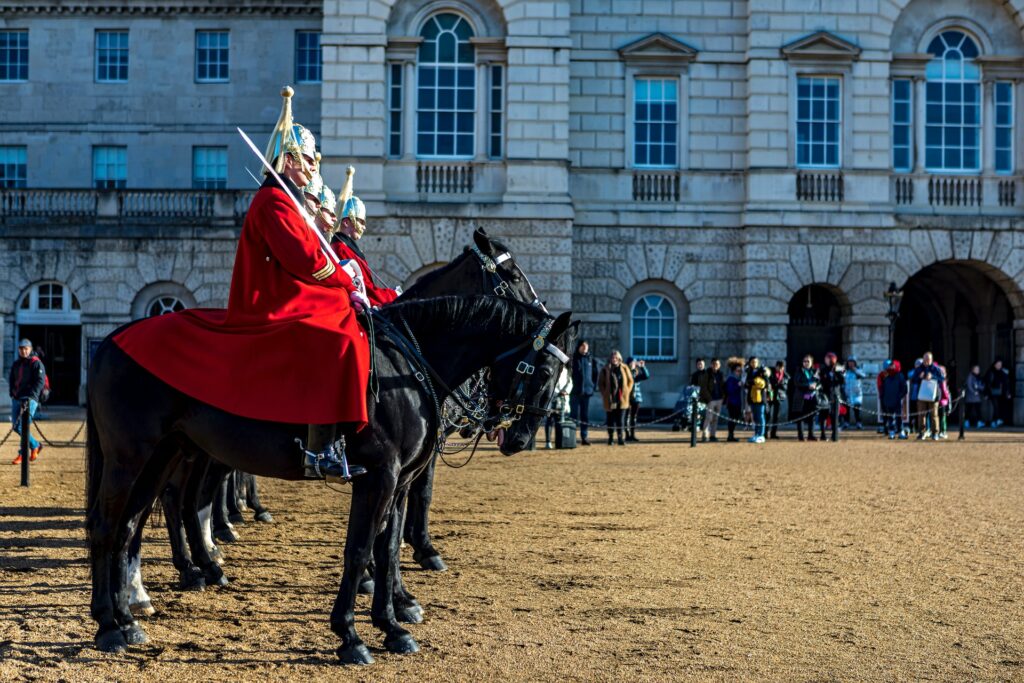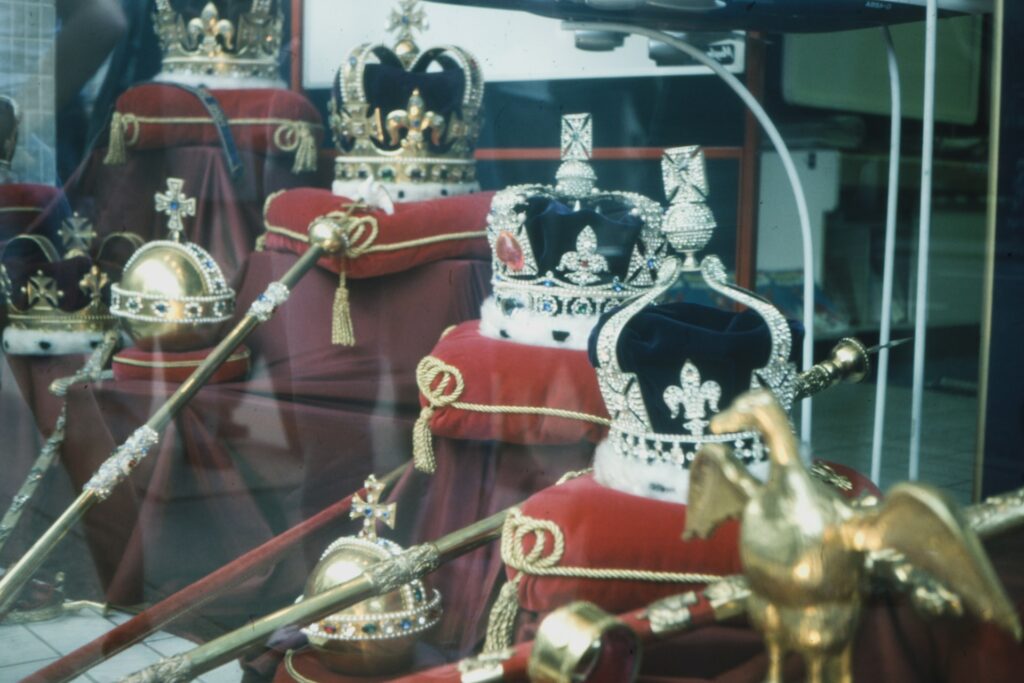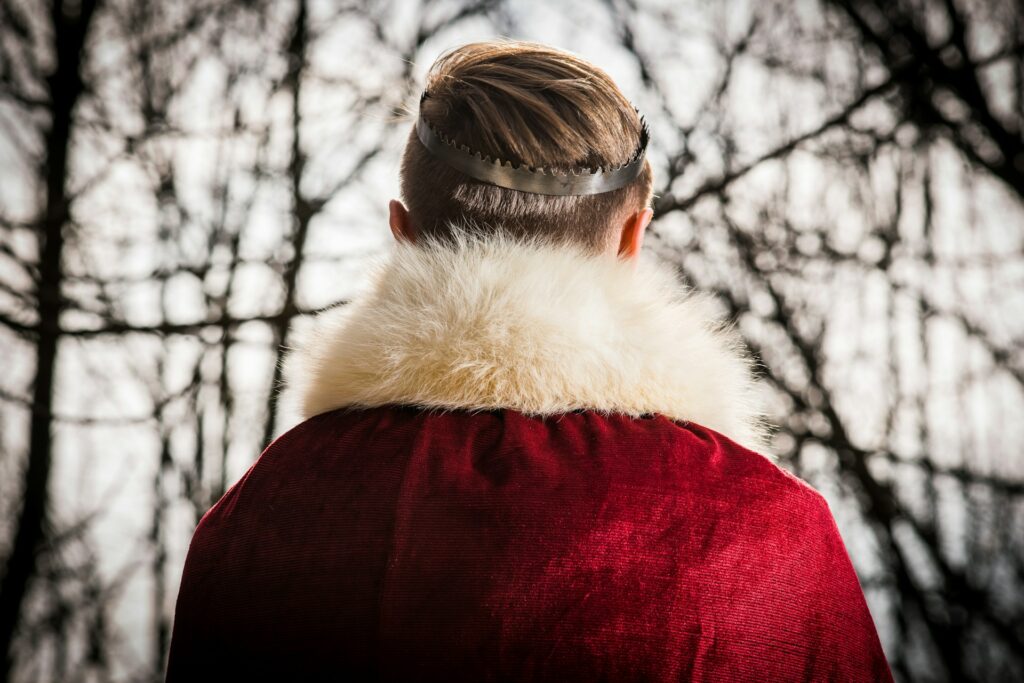Intro
In the age of fast-paced democratic politics and revolutionary advancements, one can’t help but ponder the age-old governance systems.
Among them, monarchy stands out as an intriguing topic. It brings to the table its historical grandeur, debate, and curiosity.
Can monarchy make a comeback? Let’s dive into an engaging exploration.
Understanding Monarchy: The Power of Legacy and Tradition

Tradition, Legacy, and Stability Through the Ages
Unraveling the threads of monarchy, one must recognize the potency of its legacy and tradition. A monarchy positions itself as a form of governance. A single person gains the mantle of supreme power through birthright. They bear this mantle on their shoulders. The extent of this power can swing from being absolute to being hemmed in by laws. But the natural charm of monarchy lies in its enduring tradition and legacy.
Monarchies stand as formidable pillars in the tapestry of history. They symbolize stability and a sense of unbroken continuity. They also provide a tangible link to a nation’s past. This system’s sheer charisma is in the direct lineage it offers. It traces back generations, even centuries, creating an uninterrupted line of heritage. This continuity is like an age-old tree standing tall through seasons and centuries. It brings a rare sense of security not found in any other system of governance.
The Symbolic Might of Monarchy
This lasting tradition and legacy make the monarchy more than a political institution. The tradition and legacy are ingrained in the monarchy. It serves as a solid cultural symbol. It resonates with the collective consciousness of a nation. The monarchy’s symbol becomes a mirror. It reflects a nation’s past, present, and potential future. This unique blend of authority, legacy, and tradition sets monarchy apart. It transforms it from a mere form of governance into a phenomenon tied to a nation’s identity and culture.
Unveiling the essence of monarchy, we find it’s not just about the power vested in a single person. It’s about the strength of its legacy, the depth of its traditions, and the symbolic role it plays in shaping a nation’s story. The importance of history is its ability to make history tangible. It also provides continuity in an ever-changing world. That is the true power of monarchy.
Modern Monarchies: A Glimpse into the Current Status

We may relegate monarchies to historical textbooks or fairytales. But it’s crucial to remember they’re not extinct. In fact, there are 44 countries globally where a monarch is still recognized as the head of state. This roster includes familiar names like the United Kingdom, Japan, Sweden, and Saudi Arabia. Yet, these aren’t your storybook monarchies. In these nations, the monarchs’ power is restrained by law. This diminishes their role to that of a ceremonial figurehead. They are not an actual ruler.
This significant transformation paints an exciting picture. It’s from the all-encompassing power of the past. It shows how monarchies have adapted to survive in the modern world. Today’s constitutional monarchies show a shift in global views on this historical governance form. They are different from the absolute monarchies of the past. This metamorphosis of monarchies provides an intriguing peek into these nations’ present state of affairs.
Rising Popularity of Monarchies: A Reaction to Democratic Shortcomings

Monarchies are becoming popular again in some places. This resurgence seems to stem from a growing disenchantment with the limitations and challenges of democratic systems. People often see them as having political instability. There is also a focus on short-term policy decisions. The idea is that a monarch doesn’t have to secure votes for re-election. This can help them focus on a long-term, sustainable vision for the nation. This ideological shift suggests an unanticipated juxtaposition of the ancient and the contemporary. It highlights a unique twist in the public perception of governance models. But it’s crucial to note that this trend needs to be more widespread and uniformly accepted.
Romanticizing the Past: Monarchies as Cultural Icons

Monarchies have long been part of art, literature, and media. The majestic figure of a monarch and the classic backdrop of the royal court serve as potent sources of inspiration and fascination. These cultural artifacts immortalize the royal legacy, transforming them into larger-than-life cultural icons. Such portrayals often leave us spellbound. They carry a subtle allure that transcends generations. Yet, it is crucial to consider this is a polished and often romanticized version of monarchy.
Imagine flipping through the pages of a historical novel. Or binge-watching a period drama series. The grandeur of palaces, the splendor of royal attire, and the intriguing palace intrigues keep us hooked. This cultural fascination manifests itself in a myriad of ways. Famous tourist attractions like Buckingham Palace and Versailles showcase this fascination. The universal excitement surrounding royal weddings is another example. Monarchies are not just political institutions. They are also part of a nation’s cultural fabric. Monarchies evoke a sense of nostalgia and enchantment.
The question remains: Does this romanticized view of monarchies and the mass fascination with them contribute to a potential rebirth of this form of government? The answer is complex. These cultural representations maintain interest in monarchies. Yet, they often gloss over the system’s intricacies and challenges. While monarchies make for engaging storytelling, the reality is far more multifaceted. Understanding and appreciation of monarchies should go beyond romanticized narratives. We should aim for a more nuanced comprehension of their historical significance and contemporary relevance.
Challenges to the Return of Monarchy

Before we consider a monarchial comeback, we must navigate the challenges in its path. A primary hurdle is the growing emphasis on meritocracy and equality in today’s societies. The monarchy revolves around hereditary privilege by design. This idea clashes with modern values. How does one reconcile the birthright to rule? How does one reconcile it with the democratic principle? Shouldn’t people have the right to choose their leaders? This ideological conflict presents a sizeable obstacle.
On another front, the potential for power misuse is another issue. With history as our witness, we know that unchecked power can breed corruption and tyranny. We cannot discount the risk of absolute monarchy becoming a platform for autocratic rule. This system of governance needs to have accountability. It can threaten civil liberties and human rights. This underscores the precariousness of the political structure.
We can’t ignore the economic factor either. Maintaining a royal family and its associated lifestyle is a costly affair. Many economies already face many challenges. Supporting a monarchy could strain resources further.
In short, the path to monarchial resurgence is challenging. Ideological, political, and economic barriers may prove too daunting to overcome. Nostalgia and romanticism surrounding monarchy might persist. But, turning the tide against these practical challenges is a tall order. The reality check of these difficulties underpins the inherent complexities of reviving a governance system from history. This process must adapt to the realities of the 21st century.
The Unlikelihood of a Monarchial Resurgence

The widespread revival of traditional monarchy is a distant reality in the maze of current global trends. This is not to suggest that monarchies are obsolete – far from it. As we discussed earlier, they continue to exist in several countries. Yet, they have changed to align with modern sensibilities. Today, the focus is on inclusive governance and democratic values. This contrasts with hereditary monarchy’s central tenets. Over the past century, the number of monarchies has decreased. This reveals a clear shift in governance models.
It’s true that there remains a certain degree of romanticism surrounding monarchies. Their grandeur and historical significance can exert a powerful draw. This creates a space for nostalgic fantasies of a return to monarchy. But we must remember that this view is often rooted in cultural fascination and less in practicality. Reviving traditional monarchy is very complex. There are many challenges. It’s unlikely to happen.
We might entertain the intriguing thought of a monarchial comeback. But the realities of the 21st-century world make it unlikely. The contours of a broad-scale monarchial resurgence are blurry. They are receding further into the background of the world’s political stage.
Final Thoughts: The Future of Monarchy

Monarchy, an emblem of heritage and culture, appeals to many. But can it reinvent itself to be compatible with the fabric of the 21st-century world? The likelihood of a grand revival of traditional monarchy appears dim. Instead, the future of the monarchy depends on its ability to adapt and redefine itself. It should mirror the evolutionary pattern seen in present-day constitutional monarchies.
The idea of monarchy’s rebirth hangs on, striking a delicate balance. This balance respects its historical tradition. It also aligns with modern values and societal expectations. In essence, the monarchy of tomorrow might not resemble the monarchies of yesteryears. Instead, it could be a transformed entity. It would maintain its symbolic cultural value. It would also embrace democratic principles and the ethos of equality. It’s about more than monarchy returning to its classic form as we move forward. Instead, it’s about its ability to stay relevant and resilient amidst change.



